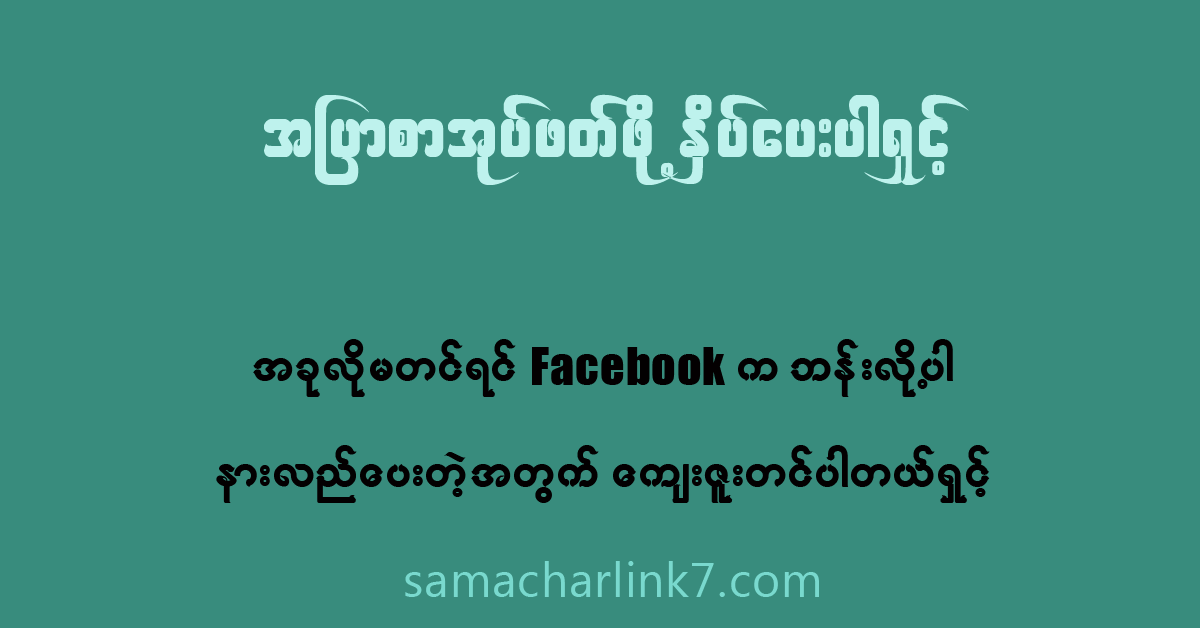
When it comes to life insurance, choosing the right policy can be overwhelming. Two of the most popular options are whole life insurance and term life insurance. Each comes with its own set of benefits and drawbacks, and the decision between the two depends on your financial goals and preferences. In this article, we’ll break down the pros and cons of whole life insurance and term life insurance to help you make an informed decision.
What is Whole Life Insurance?
Whole life insurance is a type of permanent life insurance. This means that it provides coverage for your entire life, as long as you continue to pay premiums. In addition to the death benefit, whole life insurance also includes a cash value component that grows over time.
Pros of Whole Life Insurance:
Lifetime Coverage: With whole life insurance, you are covered for your entire life, which provides peace of mind knowing that your family will receive a death benefit no matter when you pass away.
Cash Value Growth: A portion of your premiums go toward building a cash value that grows over time. This cash value can be borrowed against or withdrawn in some cases, offering you access to funds during your lifetime.
Fixed Premiums: The premiums for whole life insurance remain the same throughout your life, which means you won’t have to worry about premium increases as you age.
Tax Benefits: The cash value of a whole life insurance policy grows on a tax-deferred basis, meaning you don’t pay taxes on the growth unless you withdraw funds or cancel the policy.
Cons of Whole Life Insurance:
Higher Premiums: Whole life insurance is typically more expensive than term life insurance because it provides lifetime coverage and includes a cash value component.
Complexity: The structure of whole life insurance can be more complicated to understand compared to term life. With the added cash value feature and various policy options, it may require more research to fully comprehend.
Lower Returns: While the cash value grows over time, the rate of return is often lower than other investment options like stocks or bonds.
What is Term Life Insurance?
Term life insurance, on the other hand, is a simpler and more affordable option. It provides coverage for a specific term (such as 10, 20, or 30 years) and only pays a death benefit if the insured person passes away within that term. If you outlive the term, the policy expires and no benefits are paid.
Pros of Term Life Insurance:
Affordable Premiums: Term life insurance typically offers lower premiums compared to whole life insurance. This makes it an attractive option for people who need coverage on a budget.
Simple and Easy to Understand: Term life insurance is straightforward. You choose a term, pay premiums, and if you pass away during that time, your beneficiaries receive a death benefit.
Flexibility in Coverage: You can choose the length of coverage (e.g., 10, 20, or 30 years) to match your financial needs, such as covering your mortgage or ensuring your children are taken care of until they reach adulthood.
No Cash Value: Since term life insurance does not have a cash value component, you don’t have to worry about managing an investment or paying for extra features.
Cons of Term Life Insurance:
No Lifetime Coverage: Once the term ends, your coverage expires, and there’s no payout if you live past the term. You may need to purchase another policy, which can be expensive as you age.
No Cash Value: Unlike whole life insurance, term life policies don’t build any cash value, which means there’s no financial benefit if you outlive the policy.
Premiums May Increase After Renewal: While term life insurance starts off affordable, premiums may increase significantly when it’s time to renew, especially if you are older or in poor health.
Which One Should You Choose?
The decision between whole life and term life insurance ultimately depends on your financial goals, budget, and the level of coverage you need.
Whole Life Insurance is a good choice if you want lifetime coverage, are willing to pay higher premiums, and would like the added benefit of accumulating cash value over time. It’s ideal for people who want a policy that doubles as a long-term financial tool.
Term Life Insurance is a great option if you’re looking for affordable, temporary coverage, and don’t mind not having a policy after the term expires. It’s perfect for people who need insurance for a specific period, such as while raising children or paying off a mortgage.

